Shares of Exelon, one of the largest utility companies in the United States, have risen more than 20 percent this year, outperforming the market and reflecting the significant impact of the artificial intelligence (A.I.) boom on the energy sector. The company, which manages the electricity supply for over 10 million customers across several states, owns six regional utilities, including ComEd in Illinois, PECO in Pennsylvania, and BGE in Maryland.
According to industry experts, the increased demand for electricity driven by the proliferation of A.I. technology is a major contributor to the rising electricity bills faced by American consumers. Data centers, which are the backbone of the A.I. infrastructure, consume enormous amounts of power. The Department of Energy has projected that electricity use at U.S. data centers could triple by 2028, accounting for 12 percent of total electricity consumption. This surge in demand has raised concerns about the grid's ability to cope with the increased load.
"We're seeing a significant increase in demand from data centers, and it's putting a strain on our grid," said Calvin Butler, CEO of Exelon. "As the demand for A.I. continues to grow, we need to ensure that our infrastructure can keep up." Butler emphasized the importance of investing in renewable energy sources and energy-efficient technologies to mitigate the impact of the growing demand.
The A.I. boom has transformed the utility industry, which was once considered a stable and predictable sector. The increased demand for electricity has led to a frenzy of deals to build new data centers, with hundreds of billions of dollars being invested in the sector. This has created new opportunities for companies like Exelon, but it also raises concerns about the environmental impact of the increased energy consumption.
Industry experts point out that while A.I. is a significant contributor to the rising electricity bills, it is not the only factor. Other factors, such as the increasing use of electric vehicles and the growing demand for air conditioning, are also driving up energy consumption. However, A.I. is the most significant contributor, and its impact is expected to continue growing in the coming years.
As the demand for electricity continues to rise, Exelon and other utility companies are working to upgrade their infrastructure and invest in renewable energy sources. The company has set a goal of reducing its carbon emissions by 50 percent by 2030 and has invested in several solar and wind farms to achieve this goal. However, the question remains whether the grid can cope with the increased load, and whether the benefits of A.I. will outweigh the costs for consumers.
In the meantime, consumers are left to foot the bill for the increased energy consumption. As Butler noted, "The costs are being passed on to our customers, and it's not a sustainable solution." The industry is expected to continue evolving in the coming years, and it remains to be seen how the grid will adapt to the growing demand for electricity.
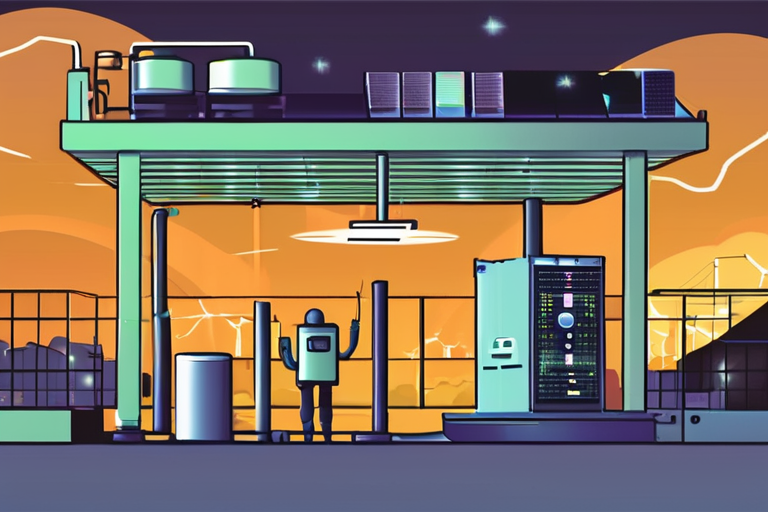

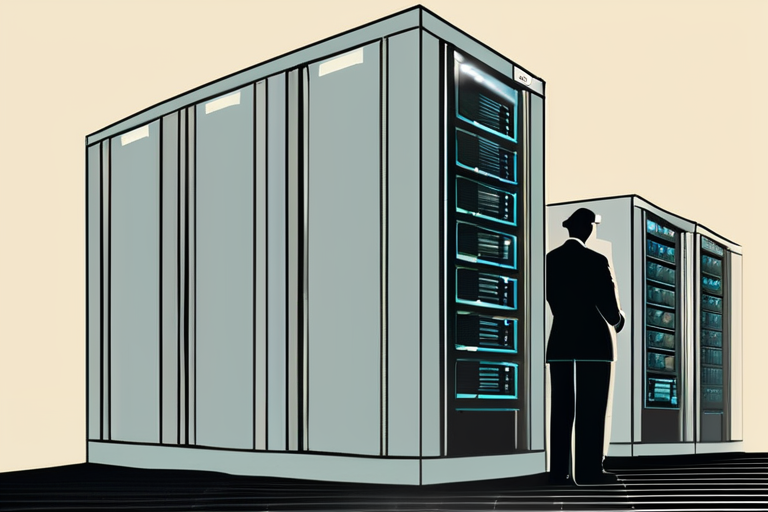
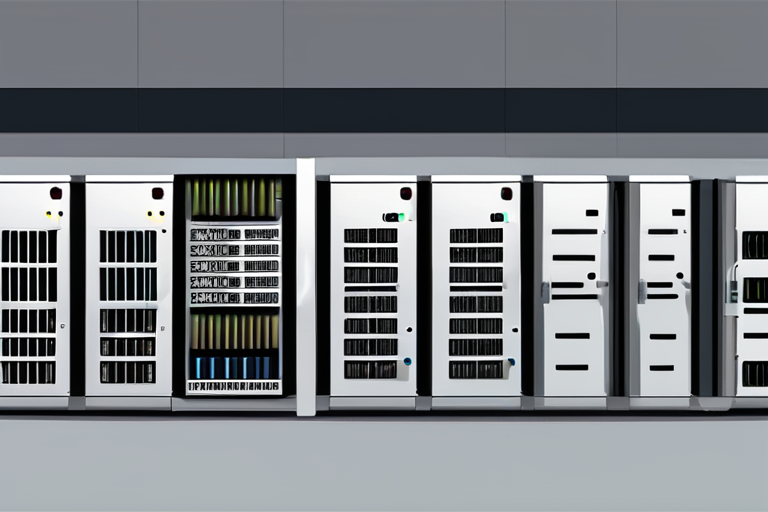

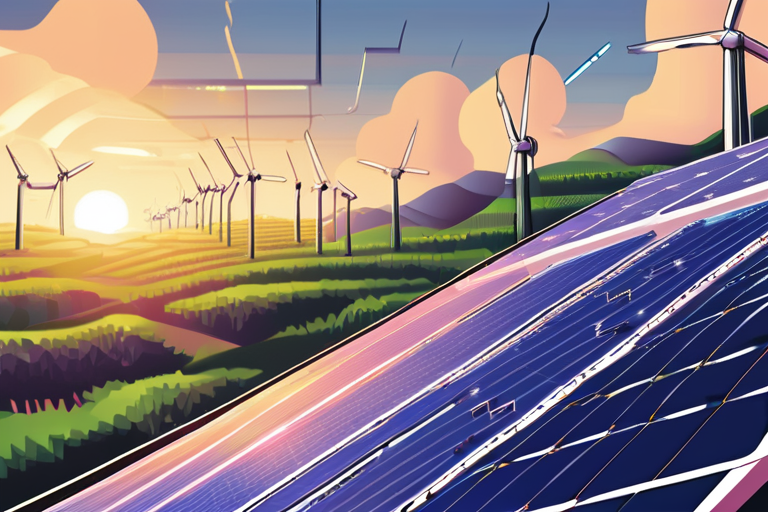
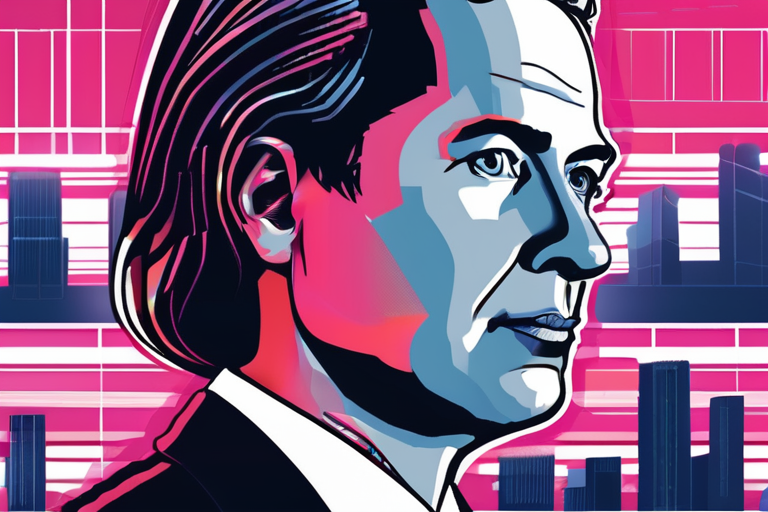
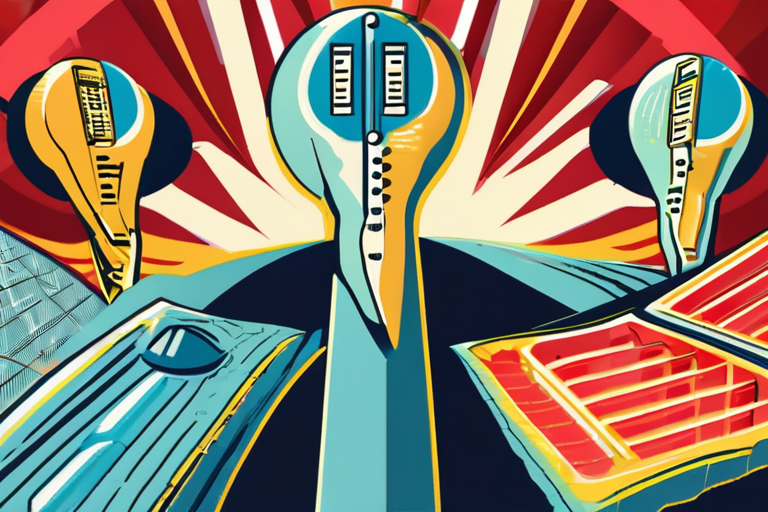

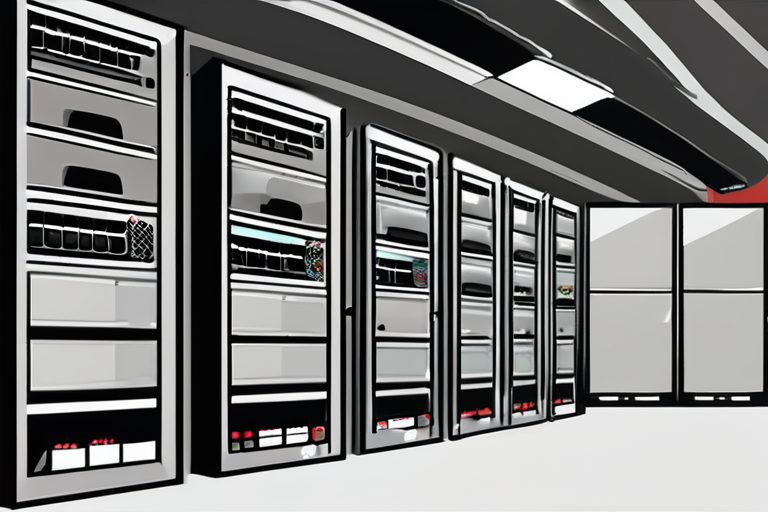



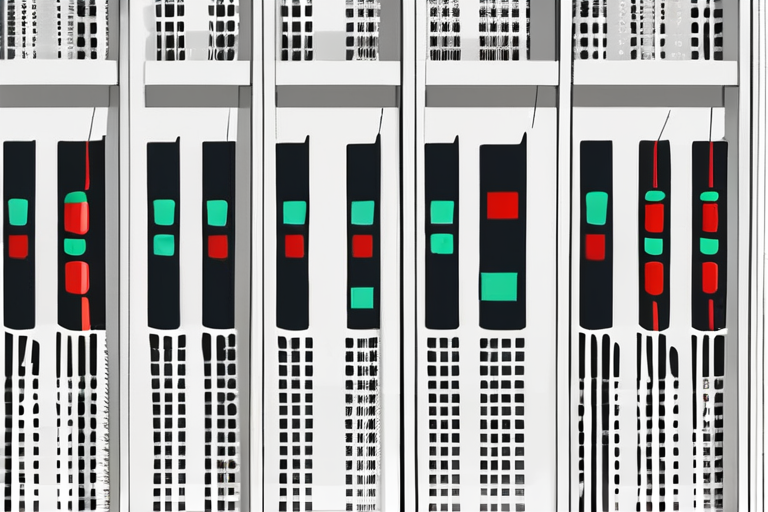


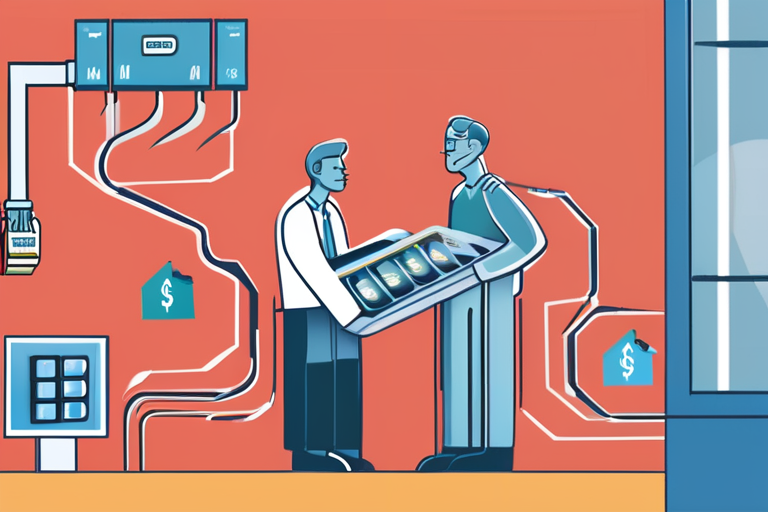


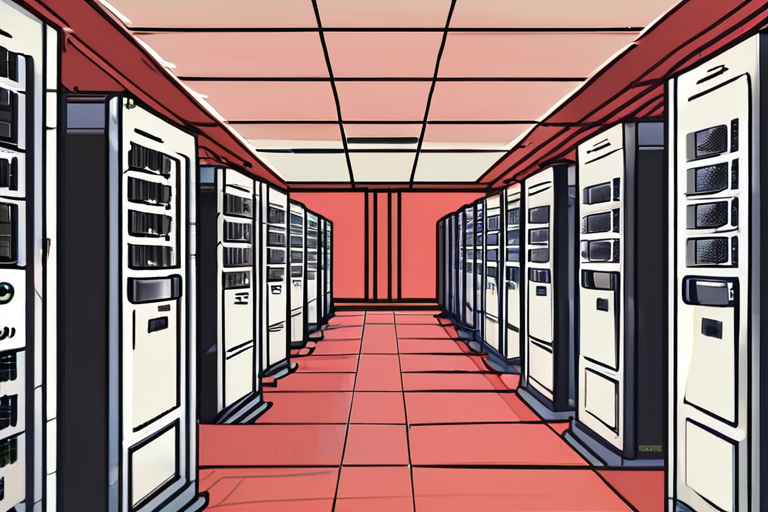


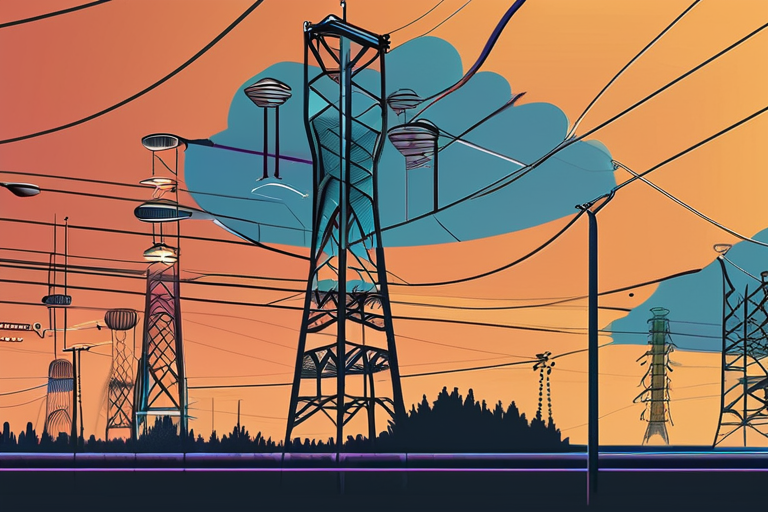
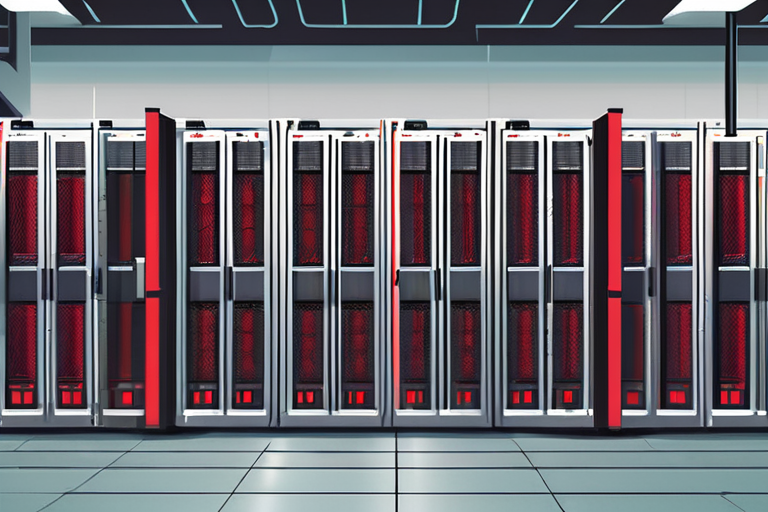
Share & Engage Share
Share this article